Recently updated on April 29th, 2025 at 05:54 pm
Iceland, the land of fire and ice, has become a popular travel destination over the past few years. From the country’s magnificent glaciers, thundering waterfalls and epic natural nighttime displays, it’s easy to see why travelers are escaping to the edge of the world. There are many characteristics that make this cool country so unique, but these 18 strange and interesting facts about Iceland may surprise you…
1. More than 60% of the Icelandic population live in the capital city, Reykjavik
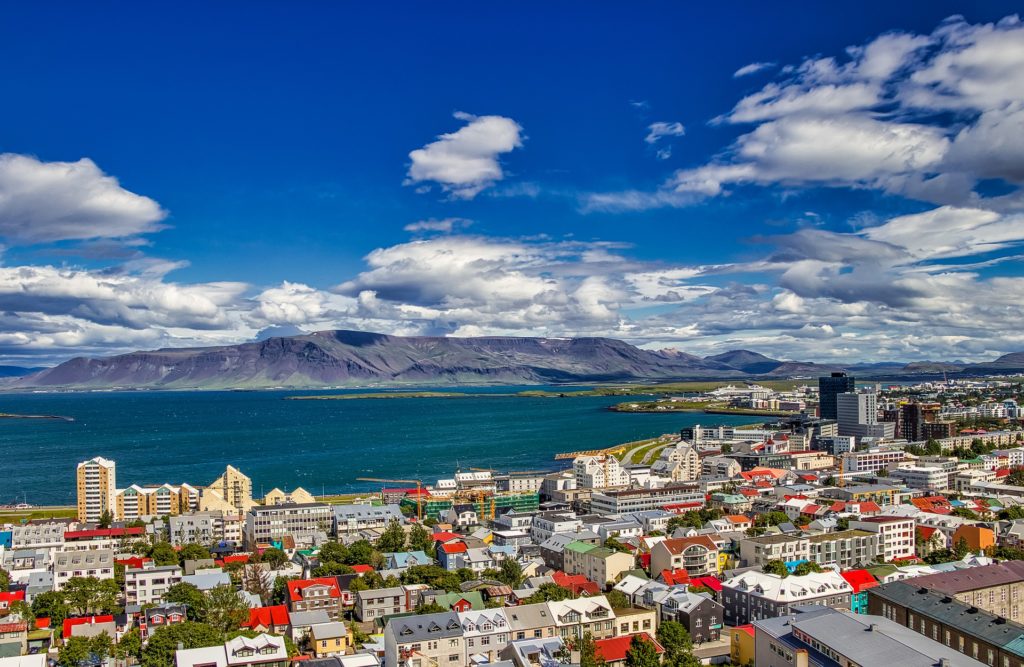

Although very small with a population of around 140,000 people, Reykjavik is the most northern capital city in the world and is home to more than half of the Icelandic population. This colorful and quirky city is packed with numerous restaurants, cafes, bars and museums and is extremely walkable, making it a perfect destination to explore by foot.
2. Iceland was the last place on earth to be settled by humans
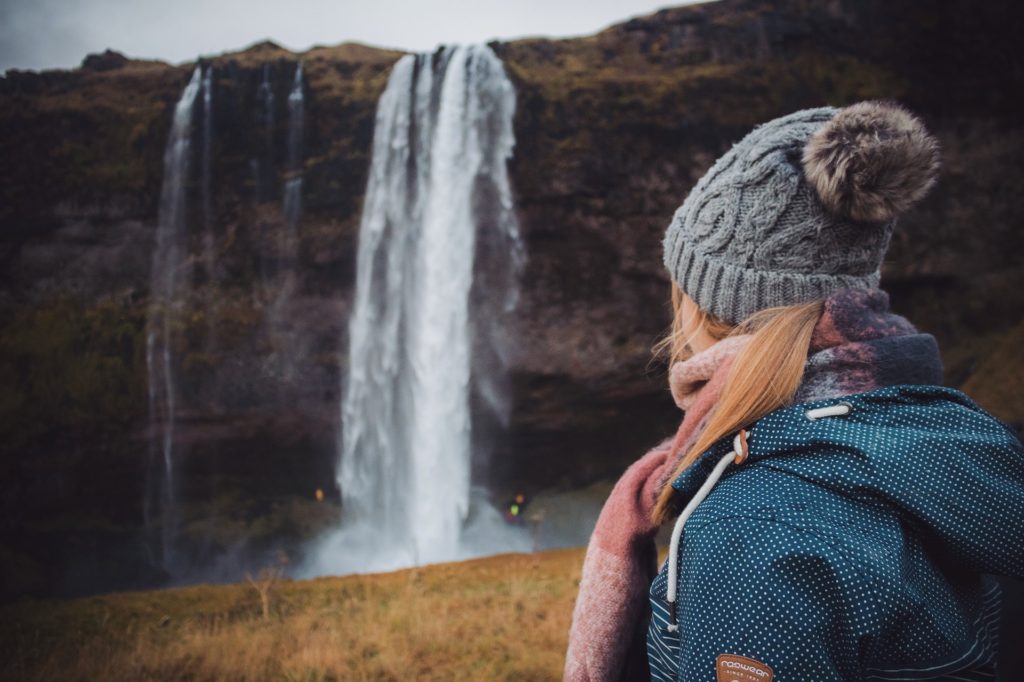

Save the best for last? Iceland is known as one of the youngest landmasses on the planet, and was one of the last places on earth to be settled by humans. Surprisingly, over 1,100 years ago Vikings from Norway discovered Iceland by accident.
GET INSPIRED: Trafalgar trips to Iceland
3. Many Icelanders believe in elves and trolls
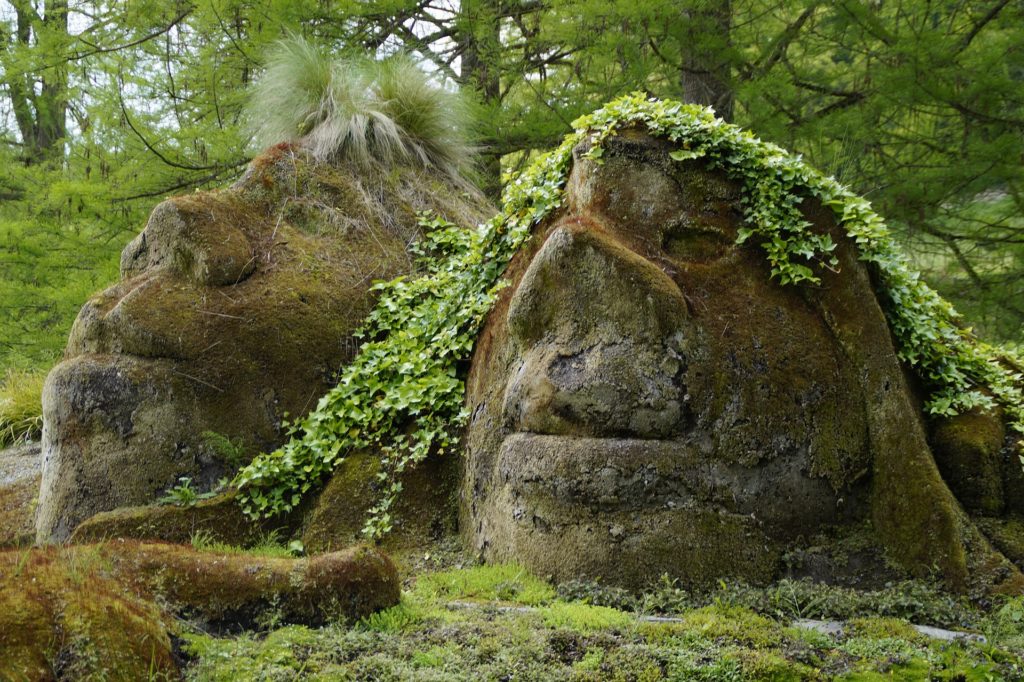

Yes, one of the most fun facts about Iceland revolves around elves, trolls and other mystical creatures. Many Icelanders are still convinced these creatures actually exist, and they are prominent figures in Icelandic folklore and mythology, which traces back to the Viking age. The stories and legends are plentiful so be sure to set some time aside to speak to an Icelander to hear a mythical tale or two!
Elves are also known as “hidden people” and tales are passed form generation to generation about how they live on the land, making homes in natural formations in the land.
4. You can swim outdoors in hot springs all year round
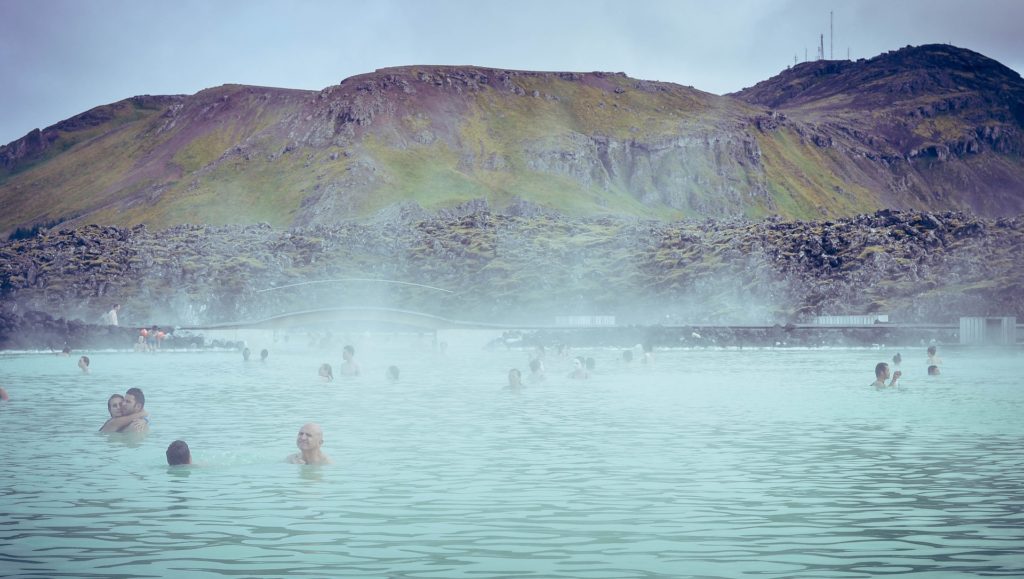

An Icelandic experience is not complete without a dip in a hot spring! The outdoor experience of bathing outdoors in volcanically heated pools dates back to Viking times. Hot springs can be found all around the country and come in all sizes and shapes.
Iceland’s Blue Lagoon is one of the world’s most famous hot springs, and here the brilliantly bright aquamarine water sits at around 37-40°C (98-104°F). Funnily enough, Blue Lagoon is not a natural phenomenon. The heat comes from runoff from a geothermal power plant nearby. The waters are still mineral rich, but the waters are in a man-made pool. For natural springs, you can try the Reykjadalur Valley.
GET INSPIRED: Iceland Including the Blue Lagoon.
5. Iceland is one of the most eco-friendly countries in the world
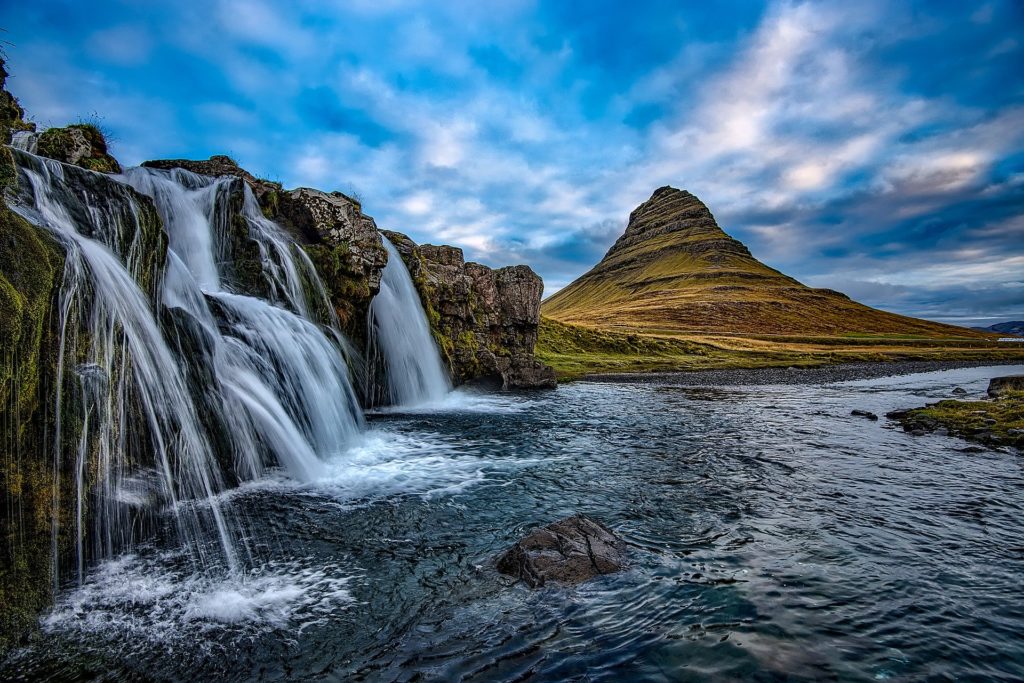

Iceland sits on two tectonic plates, making it a hotspot for volcanic and geothermal activities. As the land of “fire and ice” Iceland leans into these natural resources to make power. Iceland was recently ranked one of the eco-friendliest countries in the world and since almost all of the electricity in Iceland is produced using renewable energy sources, it’s easy to see why!
The capital city of Reykjavik won the Nordic Nature and Environment Prize in 2014 and is working towards a goal of being a carbon-neutral city by 2040. It plans to be entirely fossil fuel-free by 2050.
6. Iceland has one of the longest workweek in Europe


One of the most interesting facts about Iceland is that, on average, Icelanders work 45 hours a week. It was once the longest workweek in Europe, but since 2018 Iceland takes third place. Things might be changing though, as Iceland completed an extensive experiment with a four-day workweek from 2015 until 2019. They cut official hours from 40 to 35-36, without decreasing salaries and it was a huge success!
7. Beer was banned in Iceland until 1989
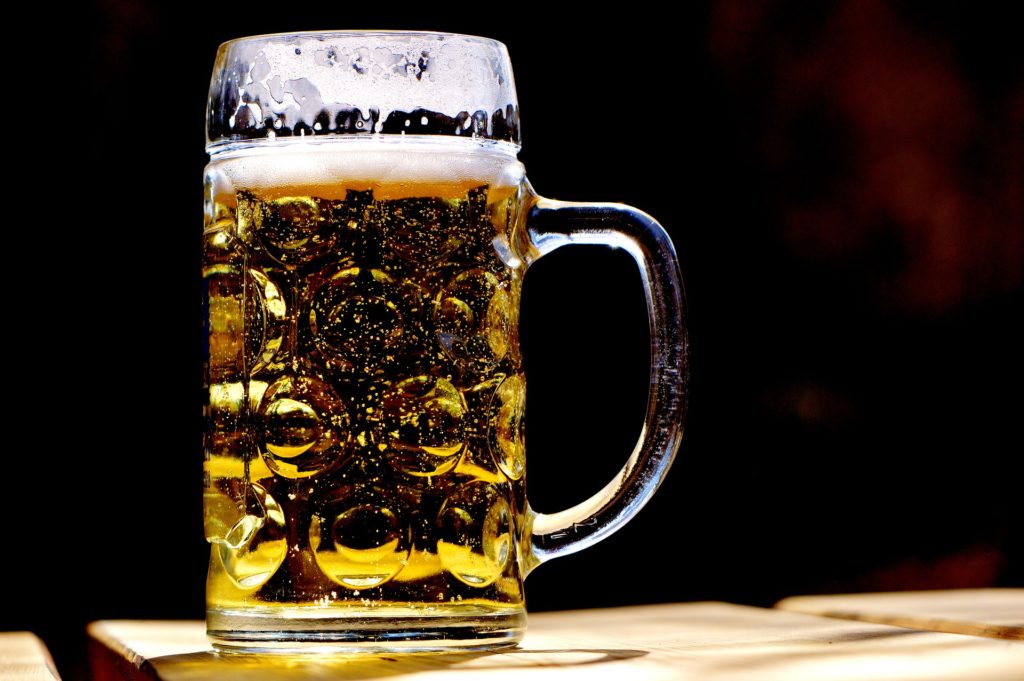

Iceland went through a prohibition of beer which began in 1915 and ended in 1989 after a referendum vote by the population. Now, every March 1st, the country celebrates “Bjórdagurinn” or “Beer Day” commemorating the end of a 74-year beer ban.
8. About 11% of Iceland is covered by glaciers
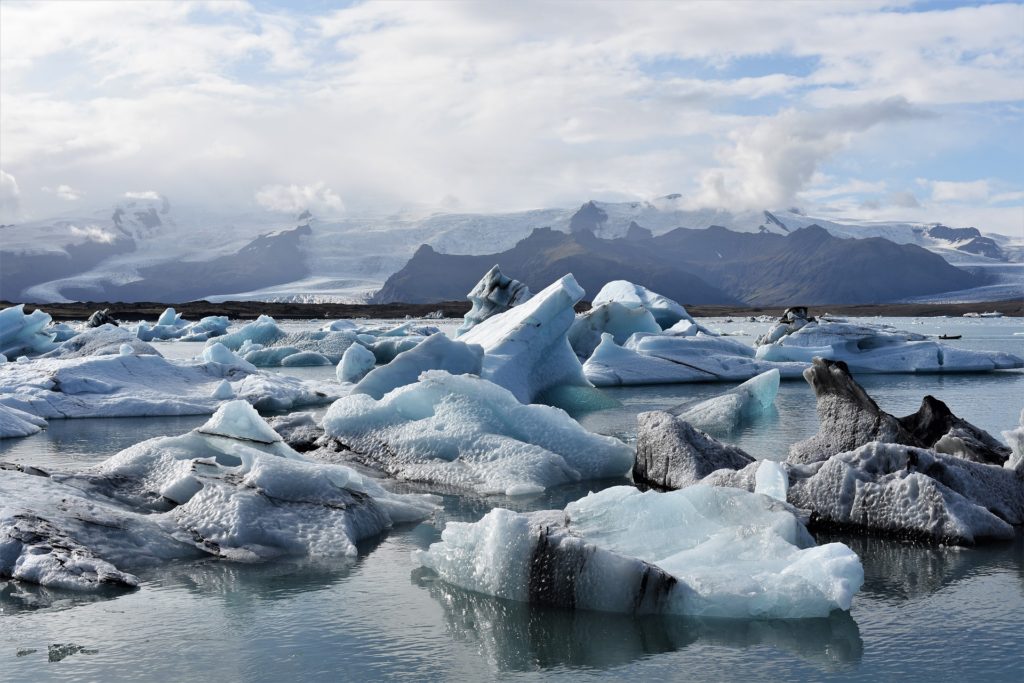

Studies show that 11% of the country of Iceland is covered by glaciers! Glaciers are one of the main attractions in Iceland, and to-date there are almost 269 named. Iceland is also home to Europe’s largest glacier, Vatnajökull, which is equivalent to three times the size of Luxembourg or Rhode Island!
While glaciers seem like frozen lifeforms, they are actually alive and always on the move!
9. One in 10 Icelanders will publish a book


As facts about Iceland go, this one’s pretty awesome. The tradition of reading in Iceland dates back to the 13th century and with one out of ten Icelanders publishing a book in their lifetime, it is clear Iceland is a very literary-focused country! Looking to add some Icelandic literature to your reading list? Be sure to include some novels written by Halldór Kiljan Laxness, one of the country’s most noted authors, who was awarded a Nobel Prize in Literature.
10. The national colours of Iceland are red, white and blue
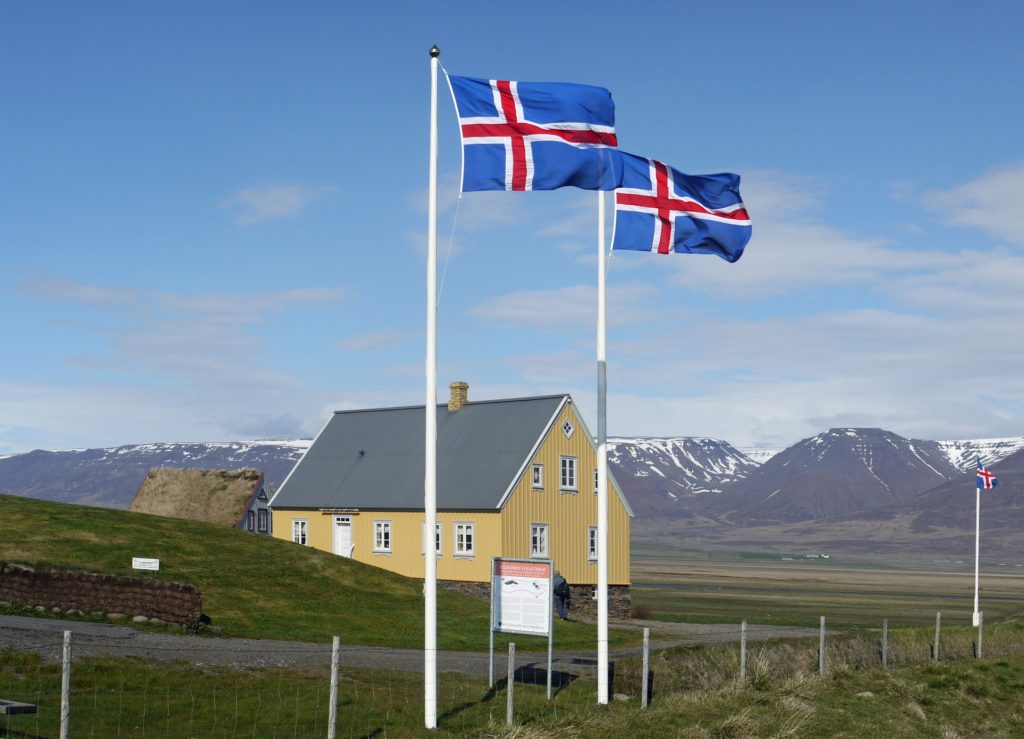

The three national colors of Iceland that also appear on the country’s flag represent the elements that the land is made up of. Iceland’s volcanic fires are represented by the colour red, white for the snow and ice and blue for the ocean.
RELATED CONTENT: Iceland: Know Before You Go.
11. The Icelandic horse is the only horse breed in Iceland
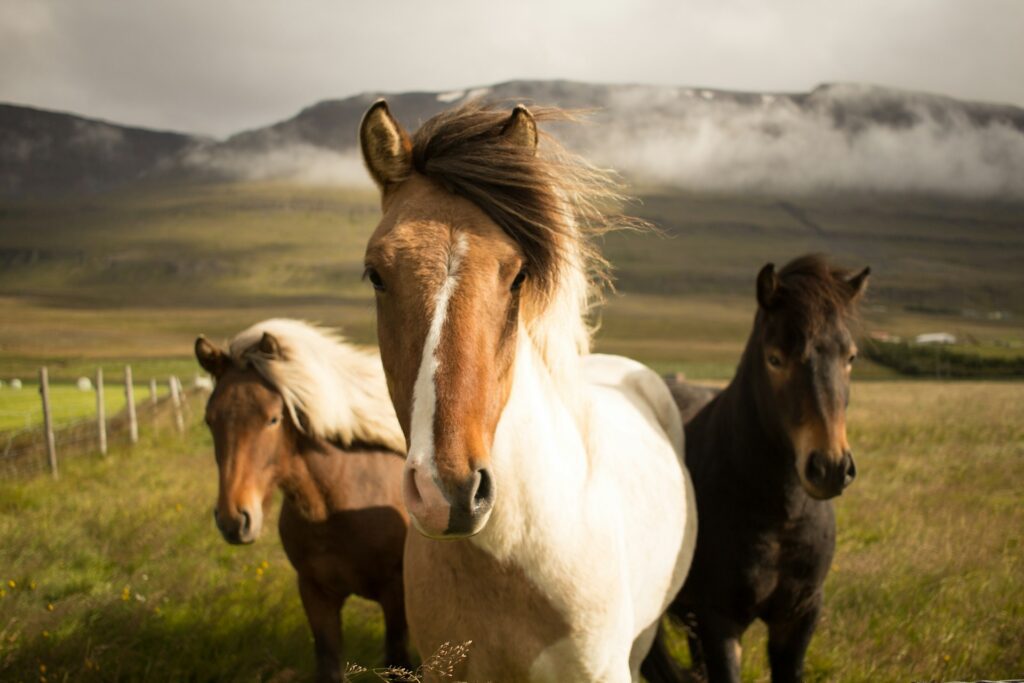

The Icelandic horse has played a very important part in Iceland’s history. They are believed to be one of the purest breeds in the world and are known for their muscular bodies and their ability to grow long hair in the winter and shorter hair in the summer. Icelandic horses can be found all around the country and are known to be both friendly and curious (and always ready for a photoshoot – so be sure to have your camera on standby)!
12. The Northern Lights can be seen in Iceland from September to March


Is witnessing the Northern Lights in person on your bucket list? Many travelers are attracted to Iceland as it’s a spectacular destination to experience the Aurora Borealis. September to March is the best time for this natural light show, although of course seeing the spectacular lights is never a guarantee. This incredible natural occurrence is created when solar particles interact with the atmosphere in the Earth’s magnetic field. Isn’t science so cool?
13. Iceland’s national sport is handball
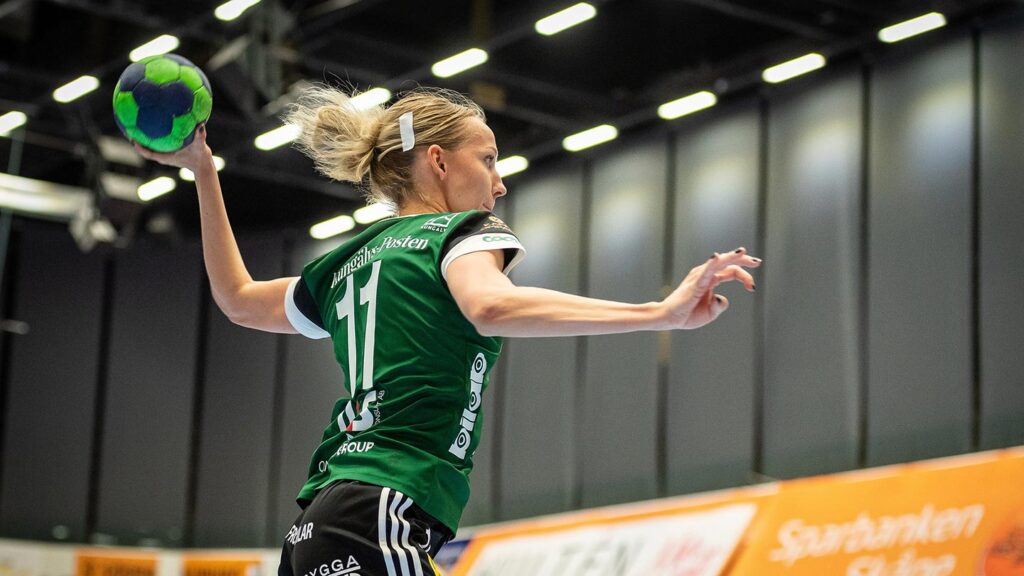

Icelanders love to play sports including football, basketball, volleyball and horseback riding, but did you know the national sport of Iceland is actually handball? The game is played between two teams consisting of seven players in a rectangular field and the objective of the game is to score by driving the ball into the opposing net. After 60 minutes, the team with the most goals, wins! Icelander’s love to play (and watch) handball and in 2008, the national team took home a silver medal at the Olympics in Beijing.
Discover more:Speak to our Travel Advisors to find out more about how you can explore the best of Iceland.
14. Iceland grows fresh food using renewable energy
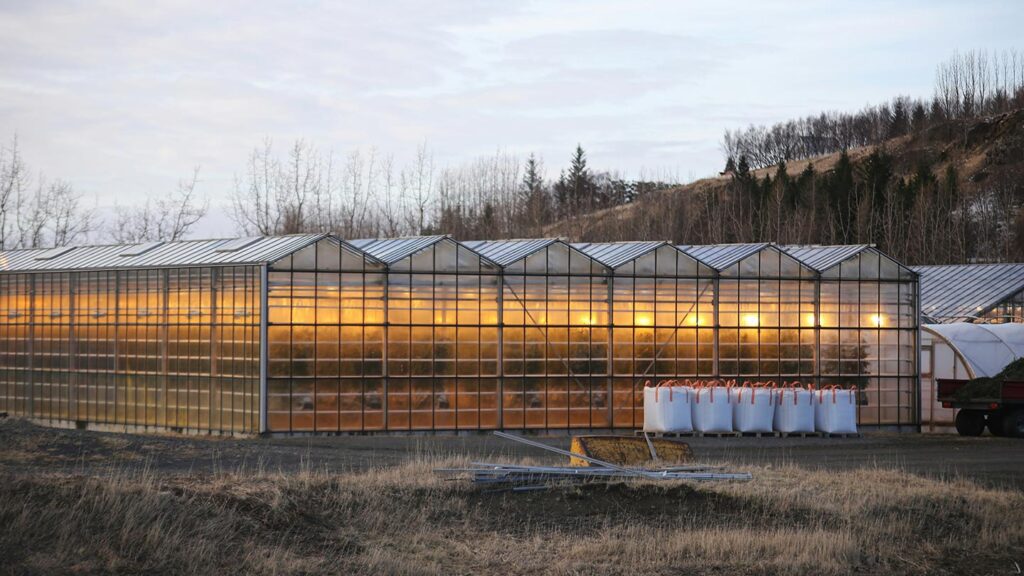

In the icy cold climate you might think it’d be hard to grow fresh food – and you’re right! Icelanders have created a network of greenhouses that grow fresh vegetables and fruit year-round. The greenhouses are heated with geothermal electricity, meaning the locals can grow more subtropical crops such as tomatoes, cucumbers and green peppers no matter the season.
15. Iceland was among the first countries to bring in a nationwide recycling fee for drink cans and bottles
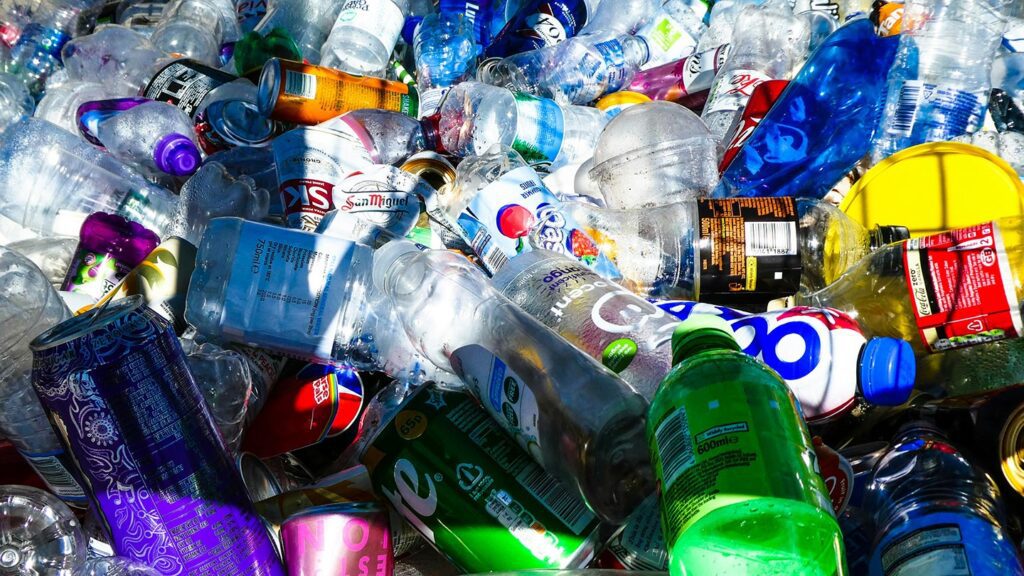

As a country striving for carbon neutrality, Iceland is pretty good at dealing with its waste. It was one of the first countries in the world to bring in a nationwide recycling fee for disposable drink cans and bottles. The Icelandic Recycling Fund means locals can collect cans and bottles and receive money for all containers recycled properly.
Better yet, in 2021 it became illegal to give customers single-use plastics without a fee. So if you’re visiting Iceland, you’re encouraged to bring a reusable drink bottle and even takeaway containers.
16. Iceland had the first parliament in Europe
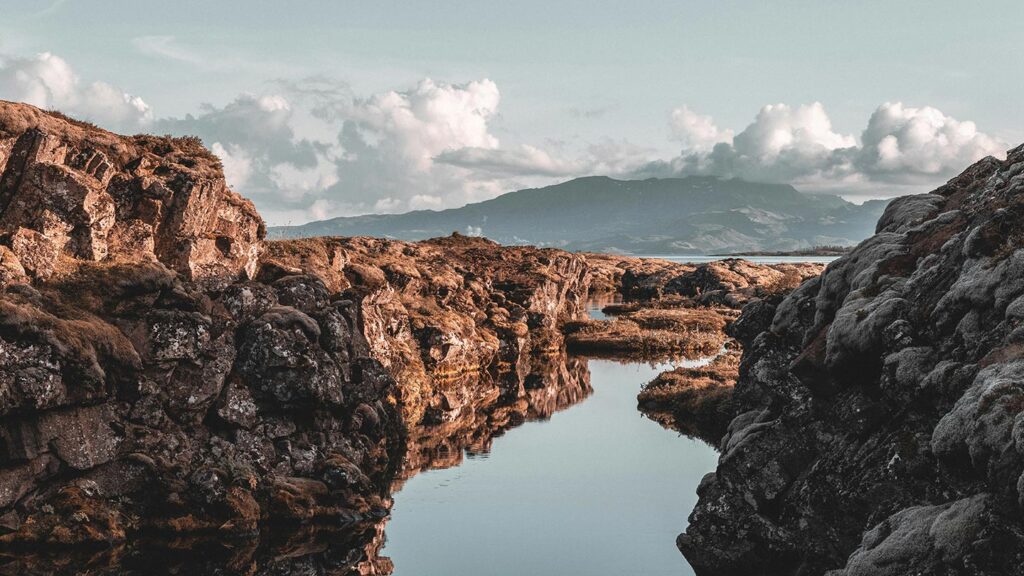

Order, order! Way back in 930 AD the first parliament in Europe was created in Þingvellir National Park. Every year from 930 until 1798 the Icelandic parliament would gather in this spot to make decisions and discuss issues. This ancient spot is now a UNESCO World Heritage Site due to its cultural, geographical and historical significance. You can drop by to walk in the footsteps of history as you trace the Golden Circle across the island.
17. Iceland language links them to the Vikings
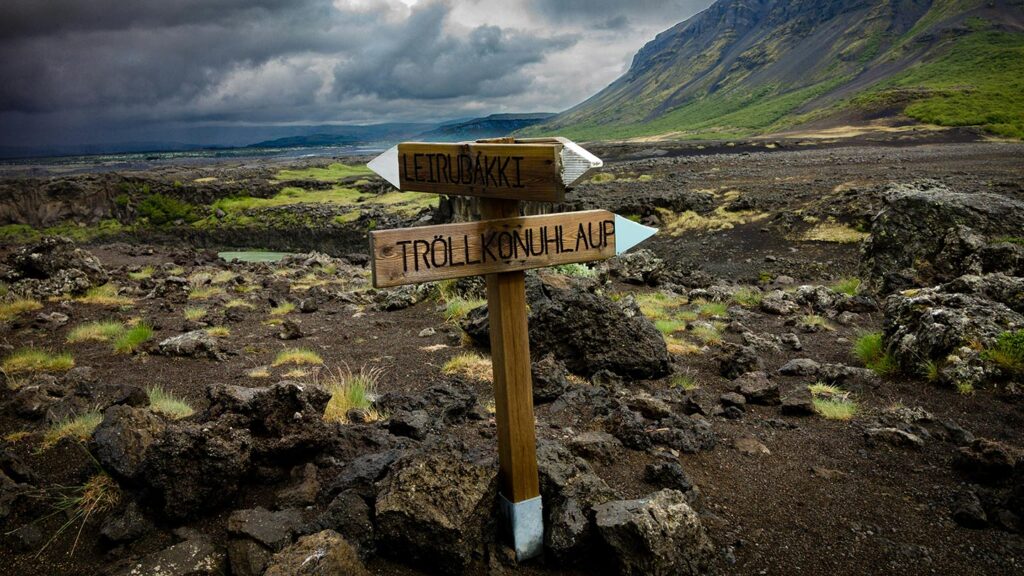

The Icelandic language has remained relatively unchanged since the Viking Age. While other languages on the German Indo-European stem have evolved tremendously over time, the Icelandic language today still resembles Old Norse. Perhaps keeping true to the original roots is due to the country’s isolation. Consider yourself a linguist? Good luck! Icelandic is extremely challenging to learn.
Bonus fact: Iceland has the highest literacy rate in the world, at 99%!
18. People get their surname in a strange way


The naming system in Iceland isn’t like it is in the Western world. A person’s surname is usually derived from the father’s first name, meaning it changes with each generation. Yes, surnames don’t really exist! in Iceland is also fascinating, with last names derived from the father’s first name, meaning surnames don’t exist. Instead, Icelanders are the sons (son) and daughters (dóttir) of (traditionally) their fathers.
Have you travelled to Iceland before? What are some of your favorite facts about Iceland? Let us know by sharing your thoughts in the comments below…